Edward Carpenter
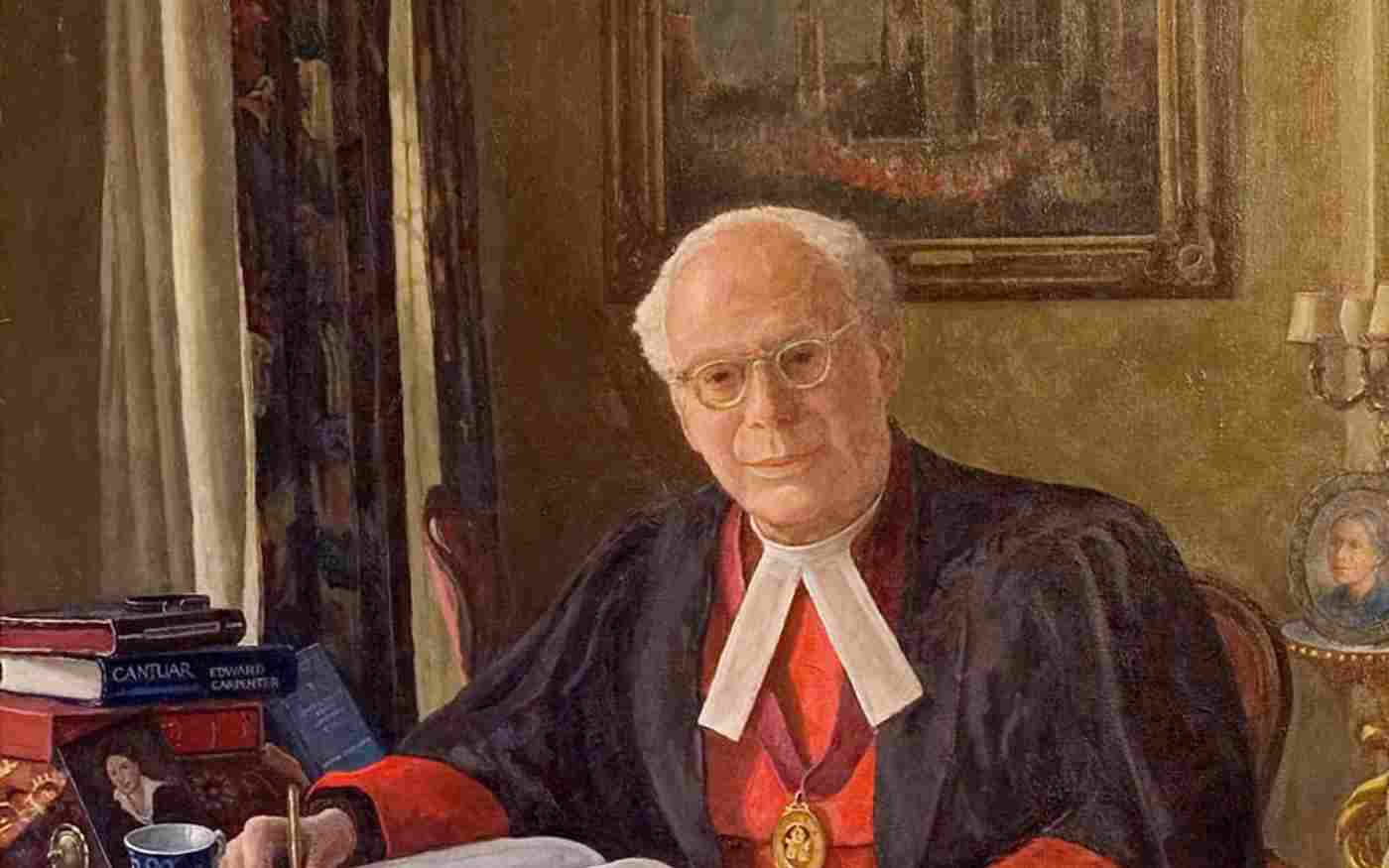
Edward Carpenter (1844-1929) was an English writer, philosopher, anthropologist, and early advocate for gay rights and women’s liberation. A close friend and correspondent of Walt Whitman, Carpenter was a key figure in the development of Cosmic Consciousness alongside Richard Maurice Bucke. His works explored the evolution of human consciousness, the divine feminine and masculine, and the intimate connection between sexuality and spirituality.
Carpenter was born into an upper-middle-class family and studied at Cambridge, where he was influenced by the Christian Socialist movement. After university, he became a curate, but his growing interest in Eastern philosophy and his own homosexuality led him to leave the church. He then embarked on a life of writing, travel, and political activism.
One of Carpenter’s most influential works was Towards Democracy, a collection of poems published in 1883. Inspired by Whitman’s Leaves of Grass, the work celebrates the inherent divinity and unity of all life, and calls for a new era of equality, compassion, and spiritual awakening. It includes some of the earliest positive portrayals of same-sex love in English literature.
In The Intermediate Sex, published in 1908, Carpenter argued that homosexuals constituted a distinct “intermediate” sex, possessing qualities of both men and women. He saw gay people as natural leaders and visionaries, with an important role to play in the spiritual evolution of humanity. The book was groundbreaking in its time and helped lay the foundation for the modern gay rights movement.
Carpenter’s Civilization: Its Cause and Cure, published in 1889, critiqued modern industrial society and argued for a return to a more natural, communal way of life. He saw civilization as a disease that alienated humans from their true selves and the natural world. The book influenced anarchist and utopian socialist thought.
In his later works like The Drama of Love and Death and Pagan and Christian Creeds, Carpenter explored the mystical and mythological dimensions of love, death, and spiritual transformation. He saw pagan myths and rituals as expressions of deep psychological and spiritual truths that modern Christianity had obscured.
Throughout his life, Carpenter practiced a simple, ascetic lifestyle and formed close relationships with working-class men. With his partner George Merrill, he set up Millthorpe, a small community in Derbyshire based on the principles of anarchist communism.
Carpenter’s ideas about the evolutionary potential of homosexuality were influenced by Karl Heinrich Ulrichs, the first modern theorist of homosexuality, and foreshadowed later gay liberation thinkers like Harry Hay. His synthesis of Eastern philosophy, Western mysticism, socialism, feminism, and gay rights helped shape the counterculture of the early 20th century.
Carpenter’s vision of cosmic consciousness as the next stage of human evolution deeply influenced R.M. Bucke, who saw Carpenter as a prime example of an enlightened being. Bucke devoted a chapter to Carpenter in Cosmic Consciousness, highlighting the transformative nature of his mystical experiences and his expression of universal love and compassion.
Carpenter also had a significant impact on Indian spirituality and politics. His works were widely read by Indian intellectuals, and he corresponded with figures like Mahatma Gandhi and Rabindranath Tagore. Carpenter’s ideal of the spiritual democracy influenced Gandhi’s vision of swaraj, or self-rule.
In the field of anthropology, Carpenter was an early advocate of the theory of the “third sex” or “intermediate sex,” which recognized the existence of gender diversity in indigenous cultures around the world. His ideas foreshadowed modern anthropological understandings of non-binary gender.
Carpenter’s legacy can be seen in a wide range of modern movements and ideas, from the gay liberation and New Age movements to eco-psychology and queer spirituality. His vision of a more enlightened, egalitarian, and ecologically harmonious society continues to inspire activists and seekers today.
Some key works that explore Carpenter’s life and ideas include:
- Sheila Rowbotham’s Edward Carpenter: A Life of Liberty and Love
- Emile Delavenay’s D. H. Lawrence and Edward Carpenter: A Study in Edwardian Transition
- Andrew Elfenbein’s Romantic Genius: The Prehistory of a Homosexual Role
- Gay Wachman’s Lesbian Empire: Radical Crosswriting in the Twenties
Carpenter’s own autobiography, My Days and Dreams, provides a fascinating glimpse into his unconventional life and the evolution of his thought. His voluminous correspondence has also been collected and published.
As a pioneering figure in gay spirituality, the early socialist movement, and the study of mystical experience, Edward Carpenter’s life and work offer a wealth of insights for anyone interested in the intersection of sexuality, politics, and religion. His vision of the union of the divine masculine and feminine, and of the spiritual role of same-sex love, remains compelling and relevant in our own time, as we seek to create a more just, compassionate, and conscious world.















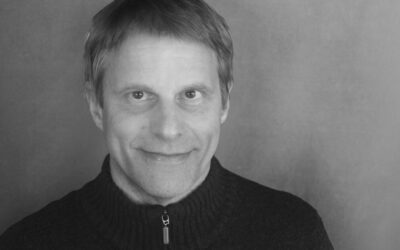

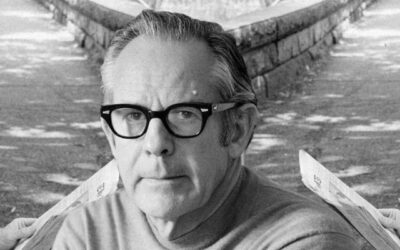
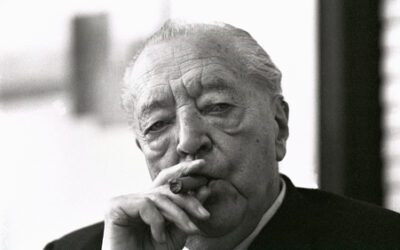
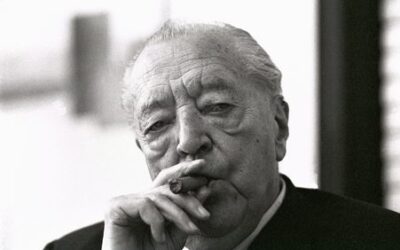
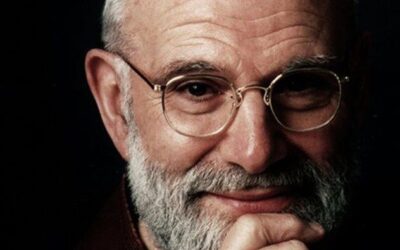


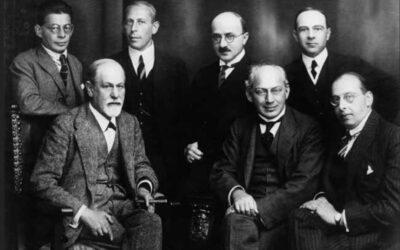
0 Comments